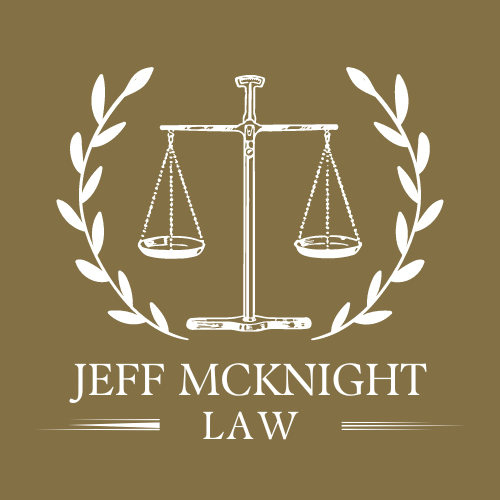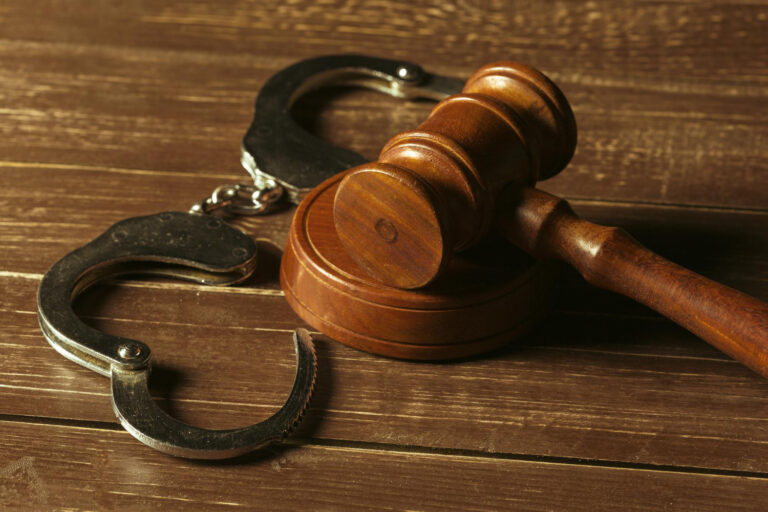
If you’ve ever faced false charges, you know how overwhelming and unfair it can feel. At JeffMcKnightLaw, we don’t just handle divorces; we fight for justice in all areas. In this article, I’ll guide you through the possibilities of suing the county for false charges. Together, we can challenge the system and seek the justice you deserve.
On the authority of legal guidance, yes, you can sue the county for false charges if you prove they acted maliciously or without proper cause. You may file a claim for malicious prosecution or false arrest. You should seek advice from a lawyer to understand your specific situation and local laws.
Understanding False Charges
False charges can lead to wrongful convictions, which have shown that innocent people can serve years in prison before being exonerated.
To break it down, false accusations can happen due to misunderstandings, mistaken identity, or on purpose. They can lead to serious problems like legal costs, damage to your reputation, and possible jail time. It’s important to fully investigate any claims before acting. Innocent people can suffer from false accusations, so it’s essential to check all evidence thoroughly. Making false accusations is illegal and can result in charges against the person who made them.
So to speak, if you are falsely accused, getting legal advice is very important to protecting your rights and defending yourself in court. Knowing the legal process and your rights is important when dealing with false accusations. Stay calm and cooperate with the police, but also get a lawyer to ensure a fair defense. False accusations can have serious effects, so handle them carefully to ensure justice is done.
Legal Grounds to Sue the County
An individual can sue a county for various reasons, including negligence, civil rights violations, and breach of statutory duties.
By and large, people can sue a county for several reasons. Here are some common ones:
- Negligence: This happens when the county doesn’t keep things safe for its residents. For example, if roads or buildings are not properly maintained and someone gets hurt, that’s negligence.
- Wrongful Death: If someone dies because the county did something wrong or failed to act responsibly, their family can sue. This could be due to incidents like police shootings or not giving proper medical care in a county jail.
- Discrimination: It’s illegal for a county to treat people unfairly based on things like race, gender, or religion. If this happens, a person can file a lawsuit.
- Constitutional Violations: Counties must respect people’s rights, such as free speech or fair treatment in legal processes. If they don’t, they can be taken to court.
- Breach of Contract: If a county breaks a promise in a contract with a person or business, they can be sued for not keeping their end of the deal.
These are just a few reasons why someone might have a valid case to sue a county.
Steps to File a Lawsuit
As we already explored, to initiate a lawsuit, identifying a valid legal claim is the essential first step.
In other words, first, you need to gather evidence to see if the facts support your case. Then, decide which court to file your lawsuit in. You’ll have to write a complaint that explains the details of your case and why you believe you’re right. This complaint must be submitted to the court and given to the person you’re suing (the defendant).
The defendant will then have a chance to respond to your complaint. Predominantly the court will set a timeline for the case, which might include deadlines for evidence collection (discovery), various requests (motions), and finally, a trial.
Throughout the process, you must follow specific legal rules and guidelines. Remember, lawsuits can be complicated and take a lot of time, so it’s often a good idea to get help from a qualified lawyer. The main goal of filing a lawsuit is to seek legal relief for the harm or damage you’ve experienced.
Evidence Needed for Your Case
In 90% of cases, compelling evidence is the linchpin for winning legal battles.
Basically, the facts of the situation are important because they help convince the judge or jury that your case is valid. You might need different types of evidence like contracts, receipts, emails, and text messages. Physical evidence such as photos, videos, and objects can also be useful.
As a rule, witnesses who saw what happened can provide important information, and experts in a specific field can explain difficult details and give their opinion on your case. It’s important to collect and present all this evidence clearly and neatly to make your case stronger. Without enough evidence, it can be hard to prove your claims and get the court to decide in your favor. Having the right evidence is key to winning your case.

Potential Outcomes and Remedies
Potential outcomes illustrate the spectrum of possible consequences arising from any situation or decision, offering a vital framework for evaluating and remedying the impacts.
Predominantly outcomes can be good or bad, depending on the situation. It’s important to think about what might happen before deciding, to avoid any problems.
Remedies are actions you can take to fix a problem. They aim to make things better or reduce any negative effects. Primarily finding the right remedy for a situation is very important to get the best result.
In short, outcomes are what could happen from a decision or situation, and remedies are ways to deal with any problems. By thinking about possible outcomes and finding the best solutions, people can make better decisions and aim for good results.
The Final Word
While it is possible to sue the county for false charges, it can be a challenging and complex legal process.
What JeffMcKnightLaw is supporting the idea of is, it is important to gather strong evidence, consult with experienced legal counsel, and be prepared for a potentially lengthy legal battle. Ultimately, the decision to pursue legal action against the county should be carefully considered based on the specific circumstances of the case.






